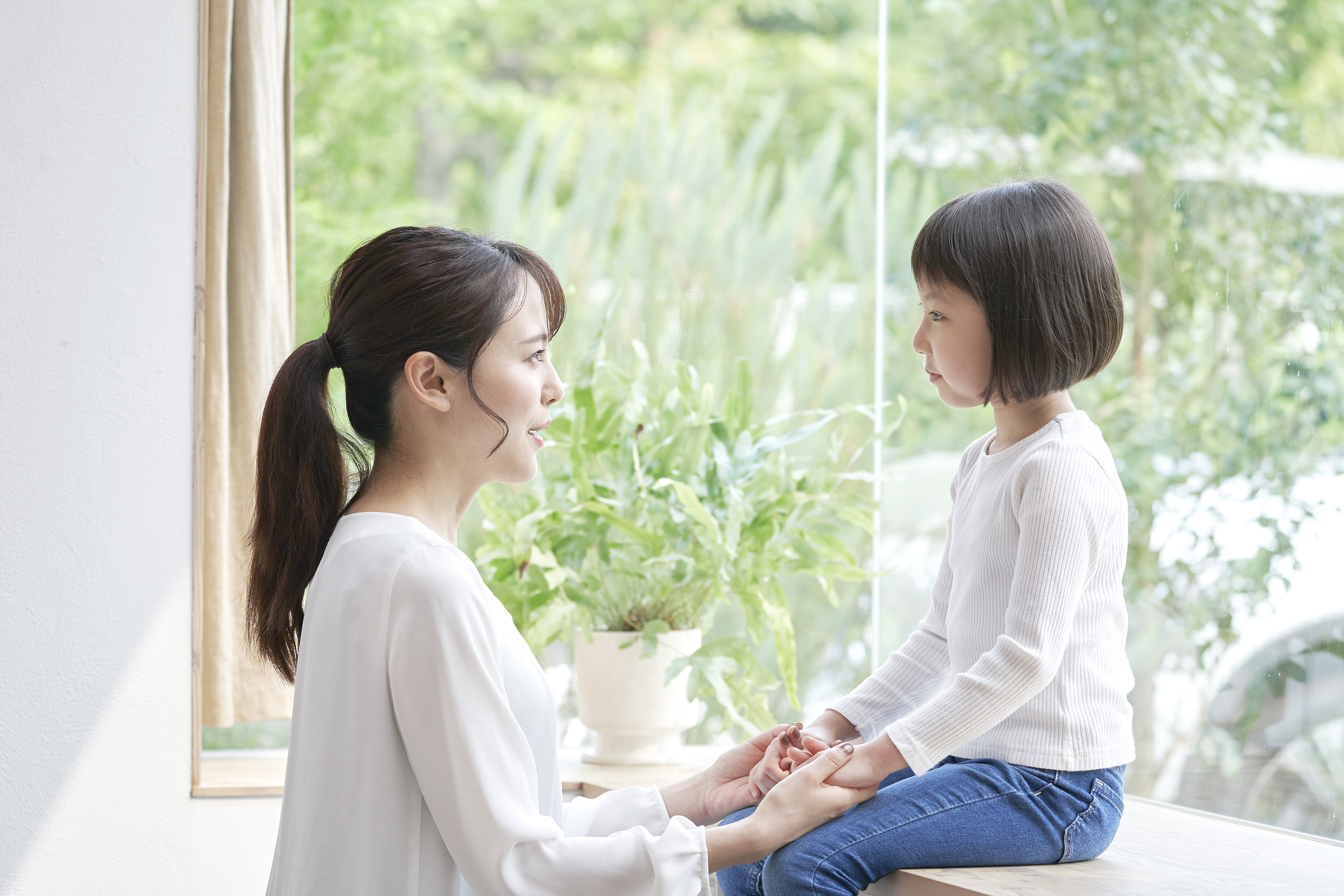
Disciplining my kids is one of the toughest things I do. I’m trying to maintain my calm when I’m burned out and overstressed. I only started learning how to identify and manage my emotions as an adult; it’s incredibly difficult to teach a child how to do this when I’m still learning myself. I don't strive to be a perfect mom but one of the things I try not to do is to repeat my parents’ mistakes.
As a kid, I was spanked.
Growing up, getting spanked or hit with a slipper was one of the ways my parents disciplined us. As the youngest of three, I don’t remember how many times we were hit because it stopped before I started kindergarten. But my older siblings can attest to why my parents no longer resorted to physical violence.
One day when my mom was picking my sister from school, she started chatting with her friend. Like my mom, her friend also hit her kids as a form of punishment.
But the night before, her kids were screaming so loudly that a neighbor called the cops. The police came and asked her a ton of questions. She was absolutely terrified social services were going to take her kids away from her.
My parents immediately reflected on their behavior.
From that day on, the physical violence at home stopped, not just in my childhood but in my kids’, too. The hitting stopped but discipline transitioned into yelling, getting lectured, shaming, guilt-tripping, and receiving the silent treatment … none of which was healthy.
My parents resorted to hitting because that’s how they were disciplined when they were kids. But it doesn’t mean what they did was acceptable. Multiple studies have shown that this form of punishment is detrimental to a child’s mental, psychological and emotional well-being.
So when I become a parent, I vowed to break the generational curse. I am slowly healing through those experiences and part of the journey is to learn and find alternative ways to discipline a child that promotes trust, compassion and respect. I have a toddler and school-aged kid; here’s how I discipline them differently.
Disciplining toddlers is tough.
This is mainly because they're often at the polar ends of emotions. When my son is angry, he’s going to do whatever it takes to show you he’s angry. He’ll scream, cry, throw, hit, shove, kick, and stomp his way through his big feelings.
So the first thing I tell myself when my son throws a tantrum is to keep calm. At this age, he’s usually upset because he’s not able to express his needs. I take deep breaths and maintain my cool by reminding myself he’s only 2 years old. I have pairs of underwear older than him. I speak to him in brief sentences with a neutral tone that clearly explains what he can or cannot do.
I’ll find the root cause of his blow-up. It’s often because he’s hungry, tired, sleepy, lacking attention, or needing to blow off steam. I’ll offer him choices to see which need he’s trying to express.
For instance, I’ll show him a banana or a package of raisins. Or I’ll give him a choice of two different toys if he wanted something that he can’t play with. Or I’ll change the dynamic, tell him we’re going outside to the park and ask him to get his socks.
Disciplining school-age kids is tough, too.
With my daughter, my methods are less straightforward. She’s at an age where she can express herself and tell me what’s bothering her. She’s learning how to self-regulate and how to push boundaries. I can’t just pick her up and distract her with a shiny toy anymore. So dialogue has been my go-to method.
I still stay as calm as I can during the emotionally charged interaction. I explain why what she did was wrong, making sure she understands the logic and reasoning behind it. Then I give her an opportunity to explain why she did what she did.
This takes practice because I’m often at a point where I just want to yell and threaten her so that she doesn’t do it again. I remind myself that I have to suppress how my parents disciplined me and avoid a fear-based, one-sided conversation with no ifs, ands, or buts.
Understanding her point of view allows me to empathize with her actions.
There have been times where I misunderstood what she was trying to do. For instance, one night, she locked herself in the bathroom. I banged on the door, yelling at her to open it. I grab the key to unlock the door and I explain to her how she’s not allowed to do this because it’s not safe. Then I take a deep breath and count to five so she can speak.
She tells me she was trying to put cream on her hands because they’re dry but didn’t want me to know because she thought I would get mad at her.
But she can, even though I never explicitly told her she could. I felt horrible that she thought she needed to hide this from me. So I explain that she’s old enough to use the cream whenever she wants as long as she doesn’t waste or play with it.
When I reflect back on my childhood, there's a lot I remember.
I was misunderstood, yelled at, and hit without being given an opportunity to explain. I was too overwhelmed to utter a single word, overpowered, and silenced by an authority figure.
Then I think about this moment where I took the time to listen, to be present, suppressing my urge to talk over my daughter and I’m confident I’m on my way to creating a better childhood for my kids.




